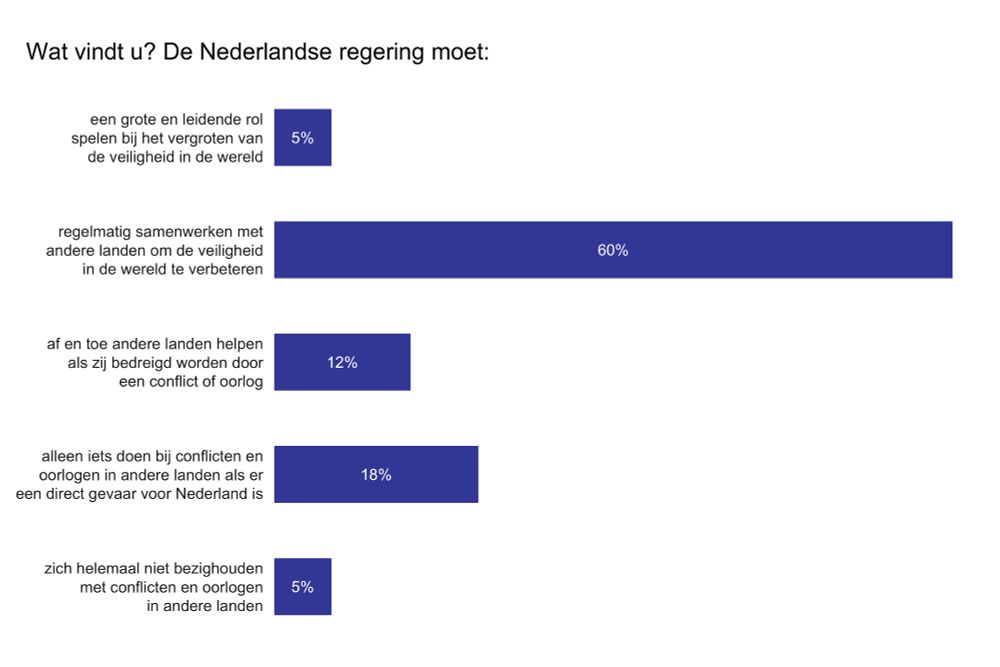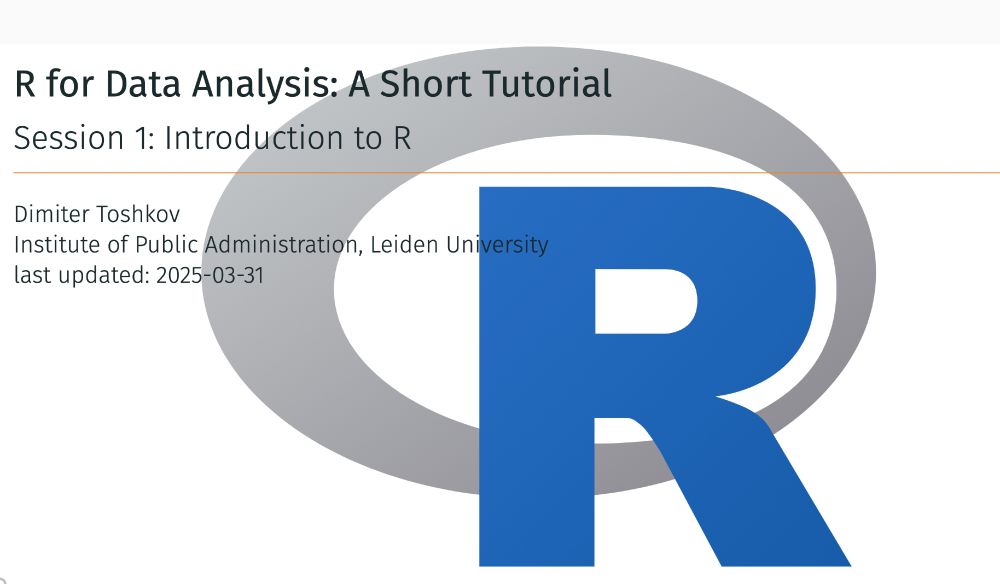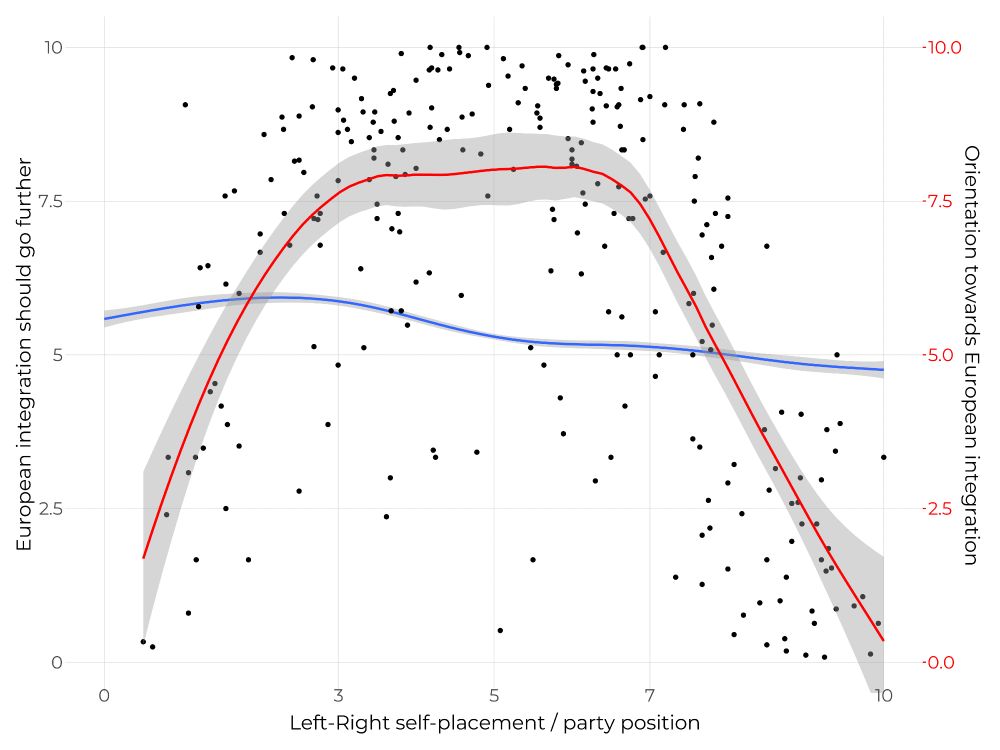
You have no definition of 'sanctions'. Also, I don't like your definition of 'sanctions'. 😂😡🥹

You have no definition of 'sanctions'. Also, I don't like your definition of 'sanctions'. 😂😡🥹
Here is what Reviewer 2 has to say:

Here is what Reviewer 2 has to say:
dimiter.shinyapps.io/ches/
#polsci #Polisky #EUsky #Comparativesky #polbehaviorsky


dimiter.shinyapps.io/ches/
#polsci #Polisky #EUsky #Comparativesky #polbehaviorsky
NSC lost 97% of its vote share, not 12.5%.

NSC lost 97% of its vote share, not 12.5%.

DD6 voters were much more negative towards JA21 than CDA voters were negative towards GL-PvdA voters.

DD6 voters were much more negative towards JA21 than CDA voters were negative towards GL-PvdA voters.
It is actions like this one that erode the credibility of social scientists as independent experts.

It is actions like this one that erode the credibility of social scientists as independent experts.
These are the first results from our new survey of the population of South Holland, with @larsbrummel.bsky.social
Stay tuned for more insights on policy polarization in NL.

These are the first results from our new survey of the population of South Holland, with @larsbrummel.bsky.social
Stay tuned for more insights on policy polarization in NL.
shorturl.at/svcZp

shorturl.at/svcZp

There is significant variation not only over time, but across provinces as well.

There is significant variation not only over time, but across provinces as well.
But the strength of the effects of the restrictive measures declined over time, with successive COVID-19 waves and the rollout of vaccination.

But the strength of the effects of the restrictive measures declined over time, with successive COVID-19 waves and the rollout of vaccination.
In a new paper, we evaluate the effect of the policy measures on mortality in The Netherlands for the period 2020-2022.
What do we find?
www.medrxiv.org/content/10.1...

In a new paper, we evaluate the effect of the policy measures on mortality in The Netherlands for the period 2020-2022.
What do we find?
www.medrxiv.org/content/10.1...

Yes! Because the links are non-linear, it's not easy to quantify the dependence, but using the distance correlation coef, the relationship in 2023 is somewhat stronger than before. Still quite small in absolute terms (seen better when the y-axis runs for its full length).

Yes! Because the links are non-linear, it's not easy to quantify the dependence, but using the distance correlation coef, the relationship in 2023 is somewhat stronger than before. Still quite small in absolute terms (seen better when the y-axis runs for its full length).
Choose from:
- 2 dataset (ESS and Eurobarometer)
- 10 indicators of EU attitudes
- 4 political/policy attitudes
- 2002-2024
- all EU+ countries
Customisable, print-ready graphs. Optimized for large screens.
Enjoy and share the insight you uncover!

Choose from:
- 2 dataset (ESS and Eurobarometer)
- 10 indicators of EU attitudes
- 4 political/policy attitudes
- 2002-2024
- all EU+ countries
Customisable, print-ready graphs. Optimized for large screens.
Enjoy and share the insight you uncover!
See how the link with LR has changed:

See how the link with LR has changed:
A major update of my study:
- I added the latest 2023 ESS data for citizens and 2024 CHES data for parties
- I built an app to explore these relationships across datasets, indicators, years & countries

A major update of my study:
- I added the latest 2023 ESS data for citizens and 2024 CHES data for parties
- I built an app to explore these relationships across datasets, indicators, years & countries


www.ippapublicpolicy.org/conference/i...

www.ippapublicpolicy.org/conference/i...

Overall, we find 8.9% excess deaths in 2020 and 8.5% in 2021.
However, for first generation immigrants, excess mortality was much higher at 15% and 18%.

Overall, we find 8.9% excess deaths in 2020 and 8.5% in 2021.
However, for first generation immigrants, excess mortality was much higher at 15% and 18%.
You can join in the Common Room (REC-B9.22) of UvA or online via shorturl.at/L2VaV.

You can join in the Common Room (REC-B9.22) of UvA or online via shorturl.at/L2VaV.


